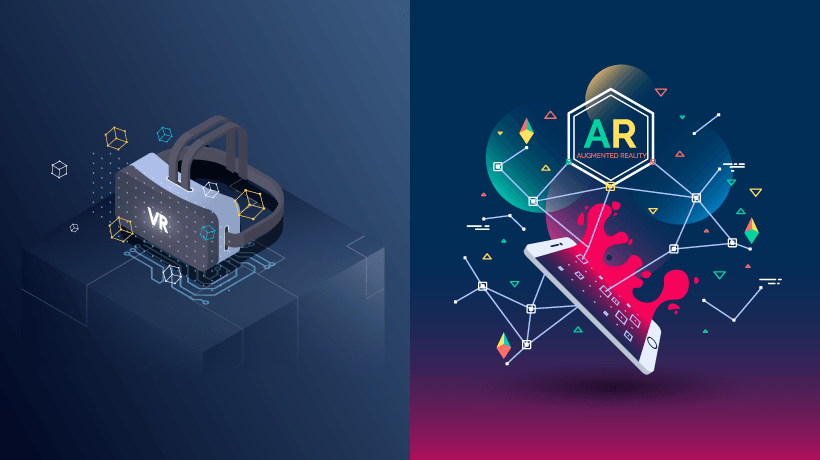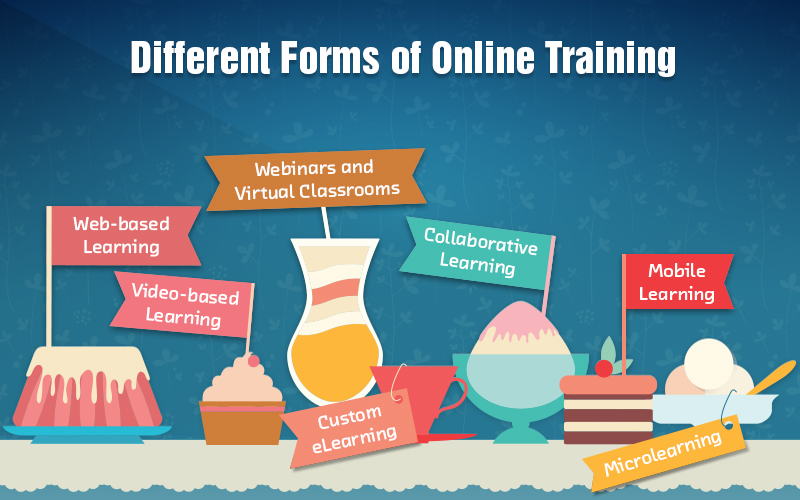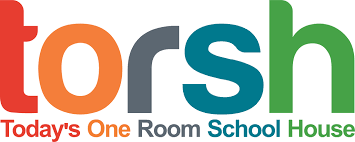Innovative EdTech applications with examples
There is not a shred of doubt that education is one of the major pillars of the modern world. The 21st century has seen a systematic increase in its dependence on technology. With every passing day, human beings are becoming ever more reliant on technology.
The education sector has been no different. Human beings are moving a significant part of their activities online. The new technologies in education have, thus, focused on taking learning to the cloud. This digital transformation has changed the way we learn and the way we teach.
The Need for EdTech
Recent years have seen a major increase in innovative technologies in education. Major tech organizations are now supporting innovative technology-based learning solutions. Several new education startups have emerged that are ready to take the next big step in learning.
Online learning has garnered incredible popularity in the education community in recent years. This is because of its revolutionary approach to impart learning in an easy and convenient manner. Also, because it has become a necessity for the current world. Owing to this, many startups have embraced these online learning trends. Some of them have also shown promise in taking education to the next level.
Emerging Innovations in Education
First, let us have a look at how modern technology has affected education and the way we teach and learn new things. Here are a few of the major trends in education technology:

1. Immersive Learning with AR/VR and Simulations
Recent years have seen the introduction of Augmented and Virtual Reality in EdTech applications. Due to this, the classroom learning experience has undergone a tremendous change. The students are now able to immerse themselves into the learning sessions, making it a fun and compelling experience. Students are now able to visualize concepts in 3D. It has also become easier for the teacher to explain complex ideas.
2. Custom and Collaborative Learning
Traditional education systems could not accommodate custom learning experiences for each student. With present-day technology, it has become possible to have not only a custom experience but also a collaborative one. Now students can modify learning based on their needs, preference, and availability. They also collaborate with students all over the world, thus, expanding their horizons.

3. Cloud Computing Technology
With good internet, it has become possible for students to access study resources from anywhere in the world. Cloud computing has enabled an anytime-anywhere accessibility to information from any portable device. Students can now access these materials from the comfort of their homes. They can collaborate with other students and submit their assignments as well.
4. 3D Printing
3D printers are becoming more accessible and affordable by the day. Hence, they have found an irreplaceable position in EdTech applications. 3D printed models can complement AR and VR learning experiences. This helps students to visualize and understand complex concepts with ease. 3D printing has made it possible for students to give shape to their imagination and unleash their creative potential.

5. Audio-Visual Supplements
Graphical representations, text-to-speech options, block-based coding systems, etc. are a few examples of audio-visual supplements. These allow teachers to explain the subject matter more effectively. They also make the learning experience several times more memorable for the students. These technologies can also help make education more accessible to the members of the disabled community.
6. Education Technologies based on AI
Artificial Intelligence and Machine Learning in education have been indispensable technological innovations. AI is being used to automate key activities. For example, grading of subjects and providing feedback on areas that need improvement. It can also be used to enhance personalized learning among students.
Recommended: Healthcare Technology Trends
Notable EdTech Companies & Startups
The fusion of education and technology has allowed us to have a more inclusive and accessible future. Innovations in technologies have made education easier and more memorable to the students. Major investors are now acknowledging this potential. Hence, we have a plethora of EdTech startups causing ripples in the field of education. Here is a list of a few EdTech companies that have made an impact in how we perceive education:
Byju’s

Byju’s was founded in 2011 in Bengaluru, India. They cover the entire school syllabus, with a major focus on science and maths subjects. In 2019, Byju’s was the most valued EdTech company, standing at $5.4 billion. They use creative ways to impart knowledge, like audio-video classes or course-related games.
Astrid Education
Astrid Education is a Swedish startup that has taken learning to the next level with the help of Artificial Intelligence. Their AI-powered schoolbook uses advanced speech recognition algorithms. This helps younger students learn how to read. They promise a personalized learning experience to the students. They achieve this with the ability to adapt to individual needs and learning styles.
TORSH

TORSH is located in Los Angeles, USA. This eLearning startup has revolutionized education with its innovative approach. TORSH offers features like professional training and other next-gen solutions. They promise to bridge the gap between students and teachers. They also pledge on providing high-quality education.
Mightifier
Mightifier is developed around the idea that learning is the most effective when performed in a calm and peaceful atmosphere. Their team is mainly composed of teachers and students. They came up with the idea of an AI-fueled social-emotional learning tool for schools and colleges. Their main goal is to track students’ wellbeing and offer them support in mastering their emotional skills.
Degreed
Degreed is a California-based EdTech company founded in 2012. They support various organizations to narrow down the employee skill gap using an inclusive system. They connect people to various resources such as articles, podcasts, videos, and courses. These resources guarantee the most efficient and convenient learning experience.
4.0 Schools
4.0 Schools was founded in 2010 in Louisiana, USA. They are another one of the noteworthy education startups that stand out among the crowd with their innovative concept. They are on a quest to provide essential online education and training to the upcoming CEOs and leaders of the world. They offer fellowships and strong community support to the students and entrepreneurs. This helps create an environment for them to groom their ideas effectively.
Gnowbe
Gnowbe is a San Francisco -based EdTech startup. They garnered significant attention thanks to their revolutionary approach to corporate education. They are built around the concept of microlearning. It is the belief that students should consume educational content in bite-sized portions. For example, such as short paragraphs, quotes, or videos. Gnowbe has shown to significantly enhance the learning efficiency and productivity of students.
Summing Up
With the exponential rise of technology users globally, EdTech solutions can help the world get ahead of many roadblocks. They can provide a quality learning experience and make it more accessible to students of all financial sectors. Recent years have seen a good amount of emerging financial support. This would allow innovative solutions by EdTech companies. These would not only revolutionize the way we learn but also create reliable learning tools for the future citizens of the world.
So, what are you waiting for? Do you have an idea that you believe would transform the world of education? Or do you have an idea that would add to the betterment of humanity? Then do not hesitate one moment; go ahead and turn your idea into reality. New and ground-breaking education technologies are imperative to the current world. They would help in the collective good of humanity. They would allow the society to move to a more informed future; a future where everyone is given equal opportunity to learn and grow.

Subscribe to us










